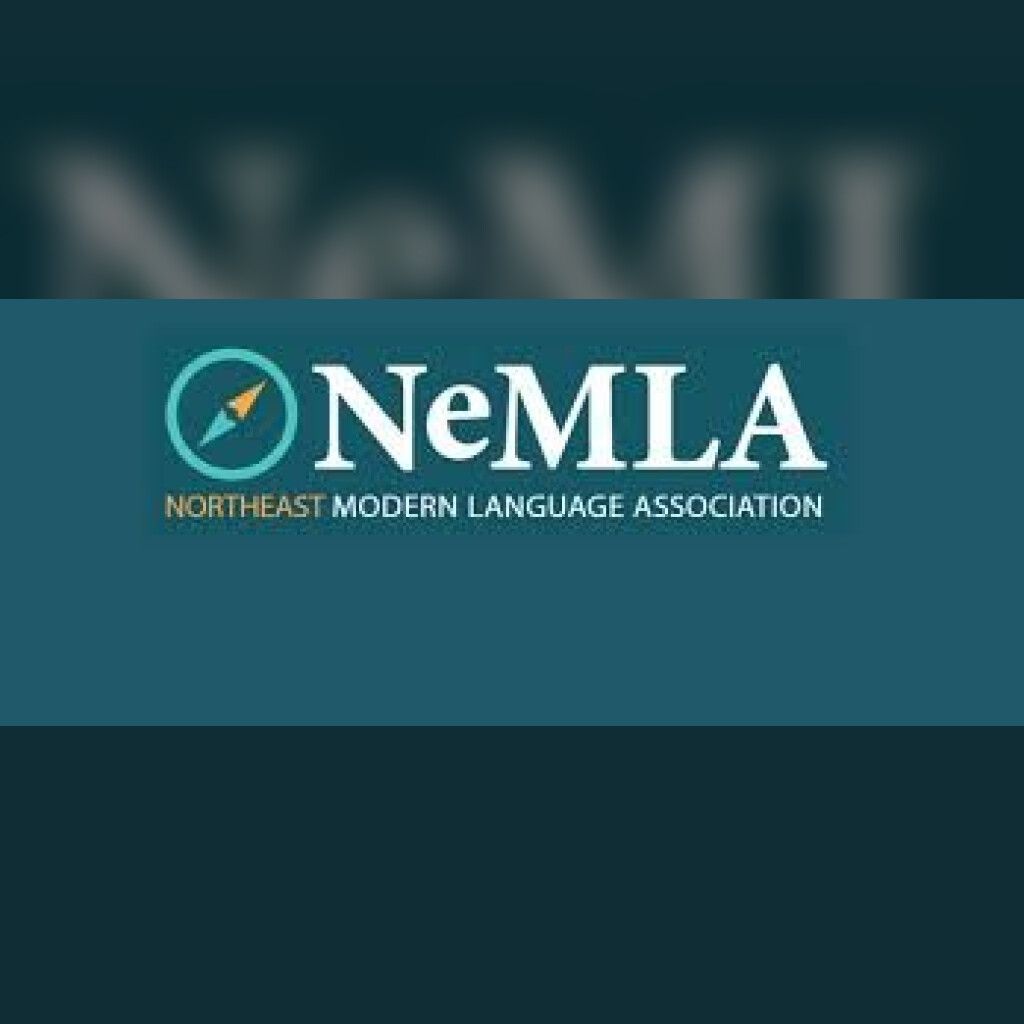
Abjection and the Joy of Movement in African Francophone Female Writings (NeMLA 2025, Philadelphie)
NeMLA's 56th Annual Convention
March 6-9, 2025, Philadelphia, PA
Hotel & Convention Site : Philadelphia Marriott Downtown
Abjection and the Joy of Movement in African Francophone Female Writings
Today we see Western countries enacting various immigration laws and borders are being mined to prevent “intruders” from accessing those countries. Faced with (in)security in sub-Saharan Africa the African woman has become that monster of abjection residing in that marginal geography, dwelling in the gates of difference in unfamiliar spaces. The African woman faced with (im)migration goes through a strong feeling of revulsion, fear, or aversion, she is treated as a threat to one's boundaries and undermines one's sense of identity and security, exemplifying Kristeva’s idea of abjection. What joy narrative is available to these women trapped in a thirdness: being an African woman subjugated by patriarchal norms, being a woman occupying a male-dominated space, and being a foreigner; a body outside the norm? How do these women (re)present the experienced change caused by shifting cultural paradigms, technological breakthroughs, and societal shifts? Studying the (r)evolution in the writings of African francophone female writers, this proposal examines the transformative paths taken by these authors, emphasizing how they have adopted various narrative forms, reinvented genres, and tackled socio-political issues in their writing. Exploring these writings will expose us to the psychological and existential condition of these women who have experienced life in Africa, life in the liminal spaces, and life in and outside Africa. The concept of attachment theory by John Bowlby, the Freudian concept of repression, and Deleuze and Guattari’s assemblage theory have shown how fluidity, multiplicity, and contingency of social formations could be studied in narratives by women as portrayed by most African francophone women writers.
Topics that this panel will cover include but are not limited to :
(Im)immigration, (in)security, liminality, identity, visibility, marginalization, patriarchal norms, trauma, cartography, abjection, monstrosity…
—
Submit an abstract of no more than 300 words in a Word document or PDF. Include your full name, affiliation, contact information, and a brief bio (150 words)—submission deadline: September 15th, 2024, Acceptance notification: September 30th, 2024.
Please send abstracts to mdafong@crimson.ua.edu and patience.odeh@uconn.edu